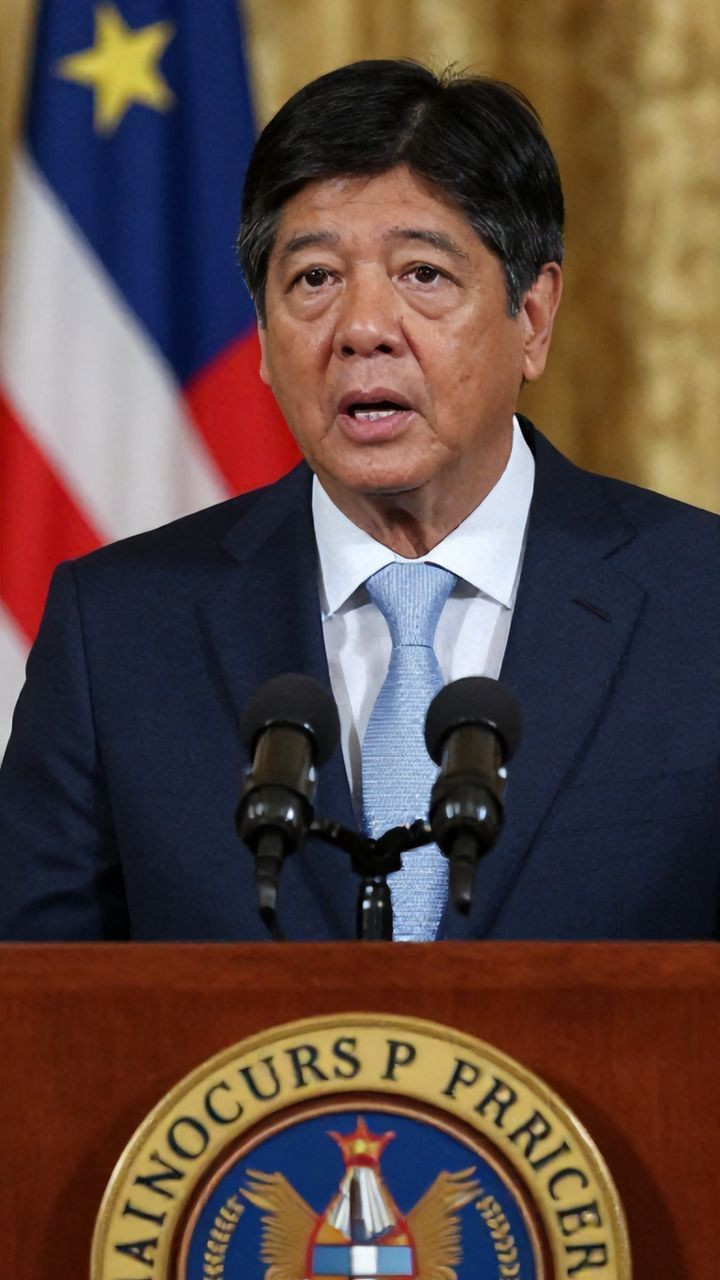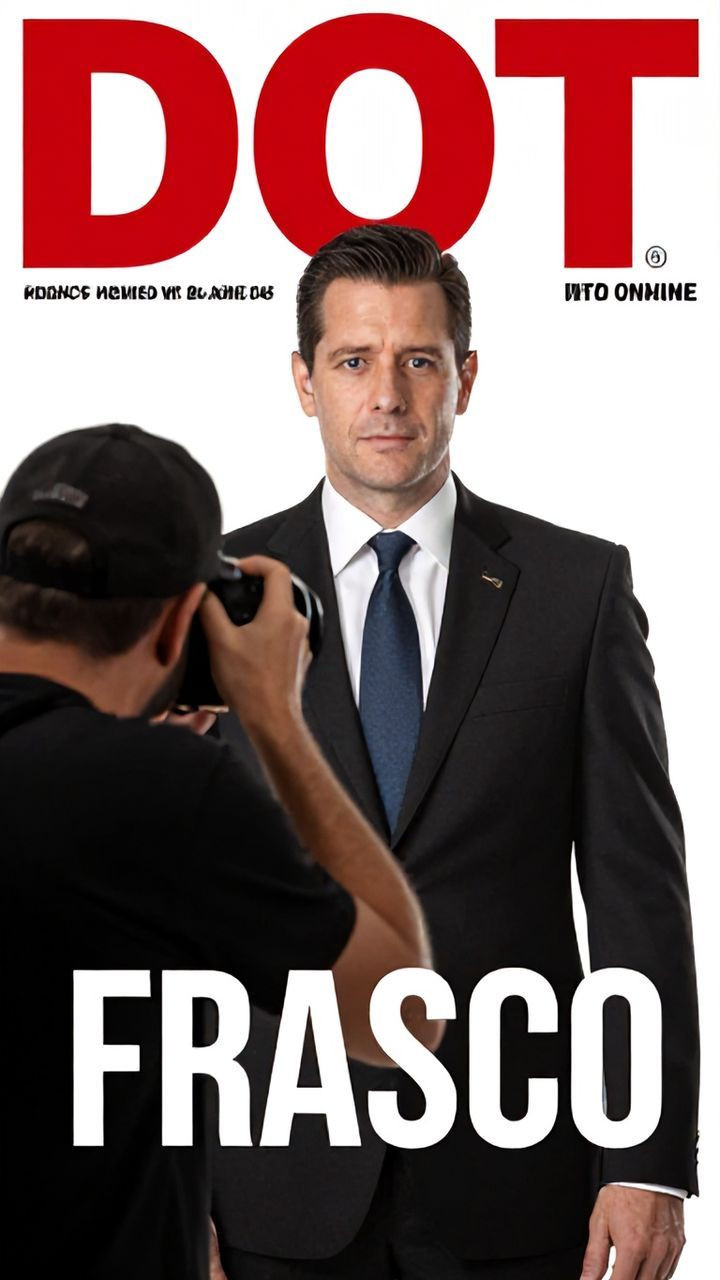
The ICC President's Plea A Call to Defend International Justice
The ICC President's Plea A Call to Defend International Justice
The ICC President's Plea A Call to Defend International Justice
In a powerful statement, Tomoko Akane, President of the International Criminal Court (ICC), has sounded the alarm about the threat posed by US sanctions on the institution. As the world grapples with the complexities of international law and justice, her impassioned plea highlights the delicate balance between political interests and the pursuit of justice.
The Threat to International Justice
Created in 2002, the ICC is an independent institution dedicated to bringing those accused of genocide, war crimes, and other heinous crimes before a fair and impartial trial. However, recent US sanctions have sent shockwaves through the global community, threatening the very foundations of this institution. Akane's statement emphasizes that such attacks not only undermine the ICC but also jeopardize the rule of law-based international order.
Key Takeaway The ICC is more than just a tool for prosecuting war crimes; it is a beacon of hope for victims of atrocities worldwide. The threat to its independence and impartiality has far-reaching consequences for global justice.
The US Sanctions A Blow to International Cooperation
In response to the ICC's investigations into alleged Israeli war crimes in Gaza, President Donald Trump announced sanctions that freeze assets and impose travel bans on ICC officials, employees, and their family members. Additionally, anyone deemed to have assisted the court's investigations will also be targeted. This move is seen as a clear attempt to influence the ICC's independence and impartiality.
Example The ICC has faced criticism for investigating alleged Israeli war crimes in Gaza. Trump's decision to impose sanctions on the ICC can be seen as a political maneuver to undermine the court's efforts.
Navigating Political Interests A Delicate Balance
Akane's statement emphasizes that the ICC is not a pawn in political games, but an institution dedicated to upholding international law and protecting victims of atrocities. As such, it requires finesse and careful navigation to ensure its independence and impartiality are maintained.
Key Takeaway The ICC must remain a beacon of hope for victims worldwide, untainted by political interests or biases.
International Solidarity A Must for Global Justice
The ICC's President has stressed the importance of international solidarity in defending the institution against these attacks. It is crucial that nations and organizations around the world stand together to support the ICC's efforts to bring perpetrators of crimes to justice.
Example The European Union, United Nations, and other international organizations have already expressed concerns over the US sanctions. This solidarity can serve as a powerful bulwark against political pressures.
A Call to Action Defending International Justice
As we navigate these turbulent waters, it is essential that medical researchers, policymakers, and global citizens alike recognize the importance of defending international justice. The ICC's President has issued a clarion call to action let us stand together in support of this vital institution.
Summary The ICC President's plea for unity and solidarity highlights the delicate balance between political interests and the pursuit of justice. As we move forward, it is crucial that we prioritize international cooperation and defend the ICC's independence and impartiality.
Join the conversation by sharing your thoughts on how we can work together to promote global justice.
SEO-Optimized Keywords International Criminal Court (ICC), President Tomoko Akane, US sanctions, global justice, international law, war crimes, genocide, rule of law-based international order, finesse, political interests, international solidarity.


